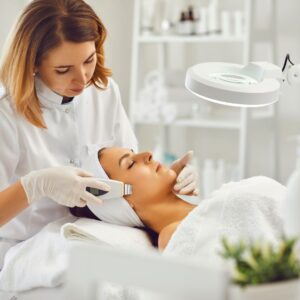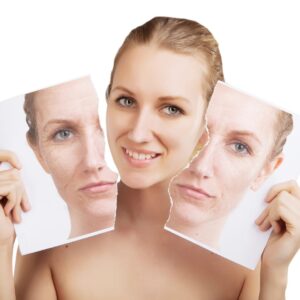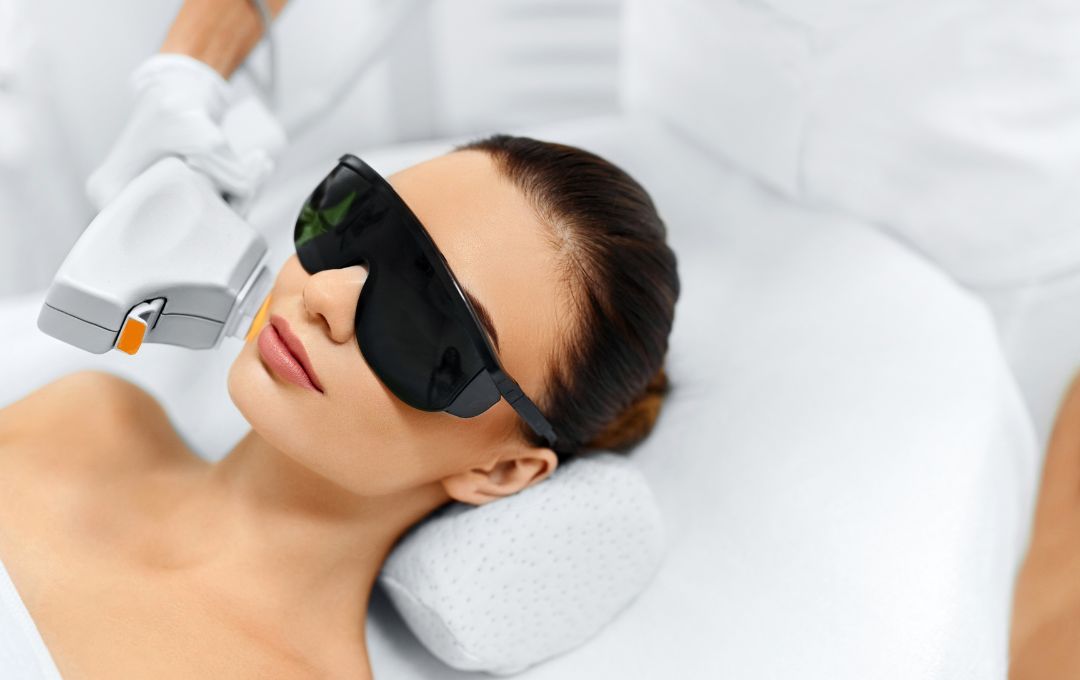When it comes to taking care of our skin, there is no shortage of options available. From cleansers and moisturizers to serums and masks, the world of skincare can be overwhelming. However, if you’re looking for professional guidance and personalized advice, visiting a skin care clinic in Warrington can provide you with the expertise and specialized treatments necessary to address your skin’s specific needs. In this article, we will explore five key types of skin care treatments that can help you achieve healthy, radiant skin.
Cleansing and Exfoliating Treatments:
 One of the fundamental steps in any skincare routine is cleansing the skin to remove dirt, oil, and impurities. Cleansers come in various forms, including gels, creams, and foams, catering to different skin types. Exfoliating treatments, on the other hand, help to slough off dead skin cells, promoting a smoother and more vibrant complexion. Physical exfoliators, such as scrubs or brushes, and chemical exfoliators, like alpha-hydroxy acids (AHAs) or beta-hydroxy acids (BHAs), are popular options for achieving exfoliation.
One of the fundamental steps in any skincare routine is cleansing the skin to remove dirt, oil, and impurities. Cleansers come in various forms, including gels, creams, and foams, catering to different skin types. Exfoliating treatments, on the other hand, help to slough off dead skin cells, promoting a smoother and more vibrant complexion. Physical exfoliators, such as scrubs or brushes, and chemical exfoliators, like alpha-hydroxy acids (AHAs) or beta-hydroxy acids (BHAs), are popular options for achieving exfoliation.
Moisturizing and Hydrating Treatments:
Maintaining proper hydration is vital for healthy skin, regardless of your skin type. Moisturizers help to replenish the skin’s moisture barrier, preventing dryness and protecting against environmental aggressors. Look for ingredients like hyaluronic acid, ceramides, and glycerin, which attract and retain moisture. Additionally, hydrating treatments, such as facial mists or sheet masks, provide an extra boost of hydration, leaving your skin refreshed and revitalized.
Anti-Aging Treatments:
 As we age, our skin undergoes changes, including the appearance of fine lines, wrinkles, and loss of elasticity. Anti-aging treatments aim to minimize these signs of aging and promote a more youthful complexion. Retinol, a derivative of vitamin A, is a common ingredient found in many anti-aging products due to its ability to stimulate collagen production. Other treatments, such as peptide serums, antioxidants, and growth factors, can also aid in reducing the appearance of wrinkles and improving overall skin texture.
As we age, our skin undergoes changes, including the appearance of fine lines, wrinkles, and loss of elasticity. Anti-aging treatments aim to minimize these signs of aging and promote a more youthful complexion. Retinol, a derivative of vitamin A, is a common ingredient found in many anti-aging products due to its ability to stimulate collagen production. Other treatments, such as peptide serums, antioxidants, and growth factors, can also aid in reducing the appearance of wrinkles and improving overall skin texture.
Acne-Fighting Treatments:
Acne is a common skin concern that can affect people of all ages. Acne-fighting treatments target the underlying causes of acne, such as excess oil production and bacterial growth. Salicylic acid and benzoyl peroxide are widely used ingredients in acne treatments, as they help to unclog pores and reduce inflammation. Other treatments, like sulfur masks or tea tree oil, can also provide relief for blemish-prone skin.
Professional Skin Treatments:
In addition to at-home skincare routines, professional skin treatments offer advanced solutions for specific skin concerns. These treatments are usually performed by dermatologists or licensed aestheticians. Some popular professional treatments include chemical peels, microdermabrasion, laser therapy, and dermal fillers. These procedures can address a wide range of issues, such as hyperpigmentation, scarring, and uneven skin texture, providing more intensive and targeted results.
In conclusion, understanding the different types of skin care treatments is essential for achieving and maintaining healthy skin. By incorporating cleansing and exfoliating treatments, moisturizing and hydrating treatments, anti-aging treatments, acne-fighting treatments, and professional skin treatments into your skincare routine, you can address specific concerns and achieve a radiant complexion. Remember, consistency and patience are key when it comes to skincare, so find a routine that works for you and stick to it. Here’s to healthier, happier skin!
